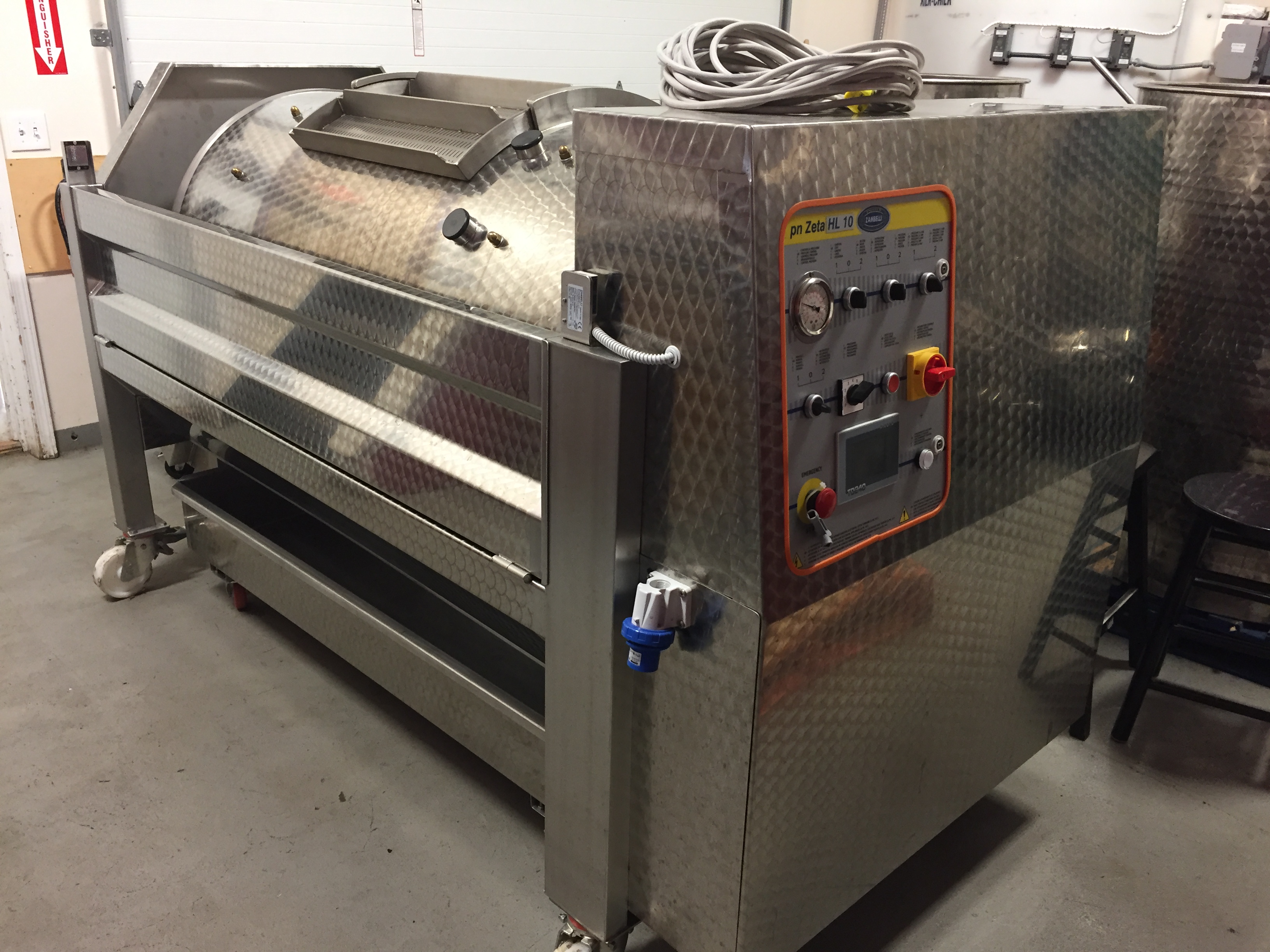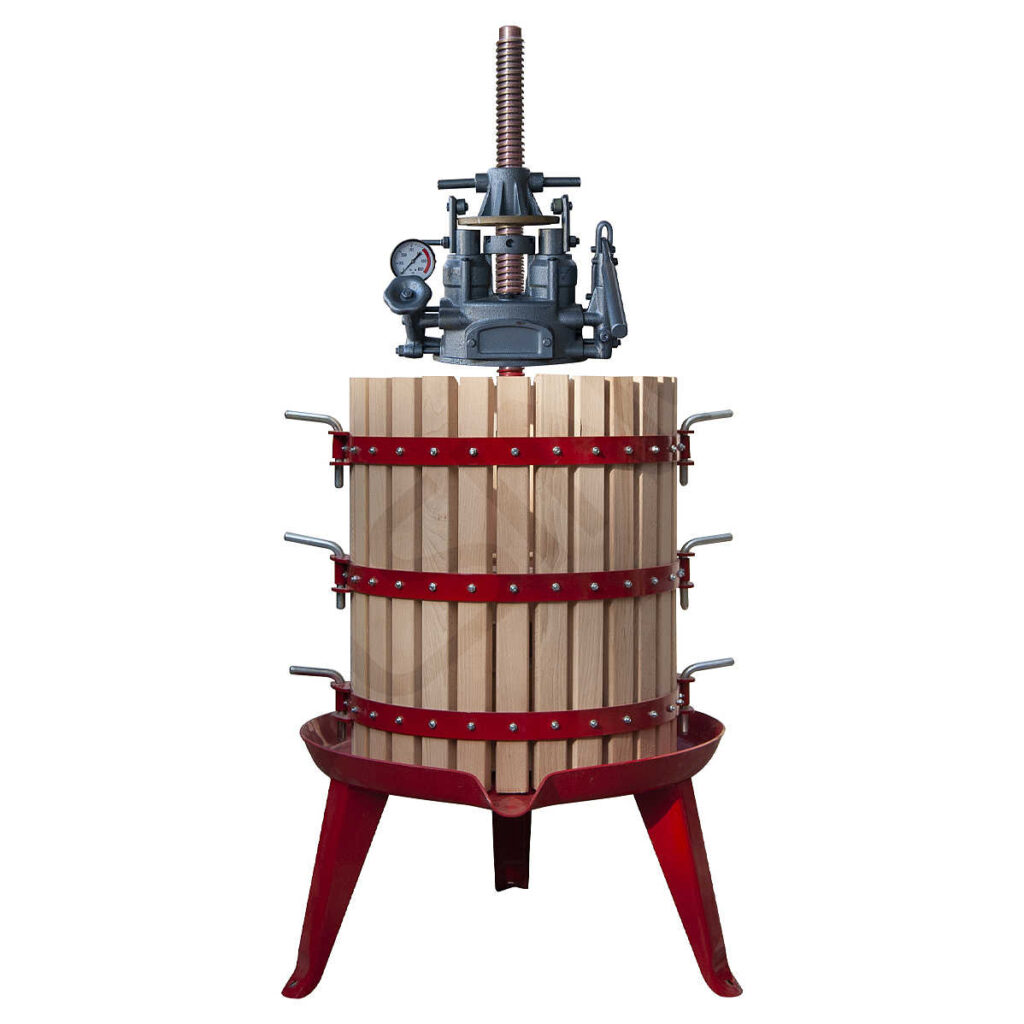Grape press liquor has become an increasingly popular choice among spirits enthusiasts worldwide. This unique beverage, crafted from the remnants of grape pressing, offers a rich taste profile and an intriguing production process that sets it apart from other liquors. Whether you're a seasoned connoisseur or a curious beginner, grape press liquor is worth exploring.
Grape press liquor, also known as pomace brandy or grappa in some regions, has deep historical roots that trace back to ancient civilizations. The process of utilizing grape pressings to create alcohol has been practiced for centuries, and today, it continues to gain popularity due to its distinct flavor and eco-conscious production methods. As more people become interested in sustainable practices, grape press liquor stands out as a responsible choice for those who value tradition and innovation.
This comprehensive guide will delve into the fascinating world of grape press liquor, covering everything from its origins and production methods to its diverse applications in cocktails and culinary pairings. By the end of this article, you'll have a thorough understanding of what makes grape press liquor so special and why it deserves a place in your spirits collection.
Read also:Discover The Best Artisan Wood Fired Pizza In Rehoboth Beach
Table of Contents:
- History of Grape Press Liquor
- Production Process
- Types of Grape Press Liquor
- Understanding the Taste Profile
- Health Implications and Benefits
- Food Pairings and Cocktail Recipes
- Market Trends and Popularity
- Sustainability in Grape Press Liquor Production
- Legal Regulations and Standards
- The Future of Grape Press Liquor
History of Grape Press Liquor
The origins of grape press liquor can be traced back to ancient civilizations where nothing was wasted during winemaking. Early winemakers discovered that the leftover grape skins, seeds, and stems, collectively known as pomace, could be distilled into a potent spirit. This practice was particularly common in Mediterranean regions, where the abundance of grapes led to innovative ways of utilizing every part of the fruit.
Evolution Over Time
Over the centuries, the methods for producing grape press liquor have evolved significantly. Initially, simple pot stills were used, resulting in a crude yet potent spirit. As distillation techniques advanced, so did the quality and variety of grape press liquors. Today, modern distilleries employ sophisticated equipment and techniques to produce high-quality grape press liquors that cater to a wide range of tastes.
Regions such as Italy, France, and Spain have long histories of producing grape press liquor, each with their own unique traditions and styles. For example, Italian grappa is renowned for its smoothness and complexity, while French marc is often noted for its robust character.
Production Process
The production of grape press liquor involves several key steps, each contributing to the final product's quality and character. Understanding these processes provides insight into why grape press liquor is so distinctive.
Step-by-Step Guide
- Grape Selection: High-quality grapes are chosen for winemaking, leaving behind the pomace used for distillation.
- Fermentation: The pomace undergoes fermentation to convert sugars into alcohol.
- Distillation: The fermented pomace is distilled, separating the alcohol from other components.
- Aging: Some grape press liquors are aged in barrels to develop additional flavors and smoothness.
- Bottling: The final product is carefully bottled, ready for consumption.
Types of Grape Press Liquor
There are numerous types of grape press liquor, each with its own unique characteristics. These variations depend on factors such as the grape variety, production method, and aging process.
Read also:What Is Gleeking A Comprehensive Guide To This Unusual Phenomenon
Popular Varieties
- Grappa: Originating from Italy, grappa is one of the most well-known types of grape press liquor. It is typically clear and has a strong, aromatic profile.
- Marc: Hailing from France, marc is often more robust and earthy compared to grappa.
- Raki: Produced in Turkey, raki is another form of grape press liquor that is often flavored with anise, giving it a distinct licorice-like taste.
Understanding the Taste Profile
The taste of grape press liquor can vary widely depending on the grape variety, production method, and aging process. Generally, it has a strong, aromatic flavor with notes of fruit, spice, and sometimes even floral undertones.
Factors Influencing Taste
- Grape Variety: Different grape varieties impart distinct flavors to the final product.
- Aging: Aged grape press liquors often have smoother, more complex profiles compared to unaged varieties.
- Distillation Technique: The method of distillation can affect the spirit's intensity and purity.
Health Implications and Benefits
While grape press liquor should be consumed in moderation, it does offer some potential health benefits. The polyphenols present in grapes, which are retained in the pomace, may contribute to antioxidant effects that support overall health.
Responsible Consumption
It's important to consume grape press liquor responsibly, as excessive alcohol intake can lead to negative health outcomes. Moderation is key to enjoying its potential benefits without compromising your well-being.
Food Pairings and Cocktail Recipes
Grape press liquor pairs exceptionally well with a variety of foods, from rich cheeses to savory meats. Its versatility also makes it a great base for creative cocktails.
Classic Pairings
- Grappa and Cheese: A classic Italian pairing, grappa complements the richness of aged cheeses like Parmesan.
- Marc and Chocolate: The robust flavor of marc enhances the sweetness of dark chocolate.
Cocktail Ideas
- Grappa Sour: Combine grappa, lemon juice, and simple syrup for a refreshing twist on a classic cocktail.
- Marc Martini: Substitute vodka with marc for a unique take on the timeless martini.
Market Trends and Popularity
The global market for grape press liquor is experiencing steady growth, driven by increasing consumer interest in artisanal and sustainable spirits. As more people seek out unique and eco-friendly options, grape press liquor is gaining traction as a desirable choice.
Consumer Demands
Consumers are increasingly prioritizing transparency and sustainability in their purchasing decisions. Grape press liquor aligns with these values, as it makes use of what would otherwise be considered waste in the winemaking process.
Sustainability in Grape Press Liquor Production
Sustainability is a core aspect of grape press liquor production, as it minimizes waste by utilizing grape pressings that would otherwise be discarded. This commitment to sustainability appeals to environmentally conscious consumers.
Environmental Benefits
By repurposing pomace, grape press liquor production reduces the environmental impact of winemaking. Additionally, many distilleries are adopting eco-friendly practices, such as using renewable energy sources and minimizing water usage.
Legal Regulations and Standards
Various countries have established legal regulations and standards for grape press liquor production to ensure quality and authenticity. These regulations often dictate aspects such as grape variety, production method, and aging requirements.
Key Standards
- EU Regulations: In the European Union, grape press liquor must meet specific criteria to be labeled as grappa or marc.
- US Standards: The United States has its own set of regulations governing the production and labeling of grape press liquor.
The Future of Grape Press Liquor
As consumer preferences continue to evolve, the future of grape press liquor looks bright. With increasing demand for sustainable and artisanal spirits, grape press liquor is poised to become even more popular in the coming years.
Innovation in Production
Distilleries are exploring new ways to innovate in grape press liquor production, from experimenting with different grape varieties to incorporating cutting-edge technology. These advancements will undoubtedly enhance the quality and appeal of grape press liquor.
Kesimpulan
In conclusion, grape press liquor offers a fascinating blend of tradition, innovation, and sustainability. Its rich history, diverse types, and unique taste profile make it a standout choice among spirits enthusiasts. By understanding its production process, health implications, and pairing possibilities, you can fully appreciate the allure of grape press liquor.
We encourage you to explore the world of grape press liquor further by trying new varieties, experimenting with cocktail recipes, and sharing your experiences with others. Don't forget to leave a comment or share this article with fellow spirits enthusiasts! Together, let's celebrate the art and science of grape press liquor.



